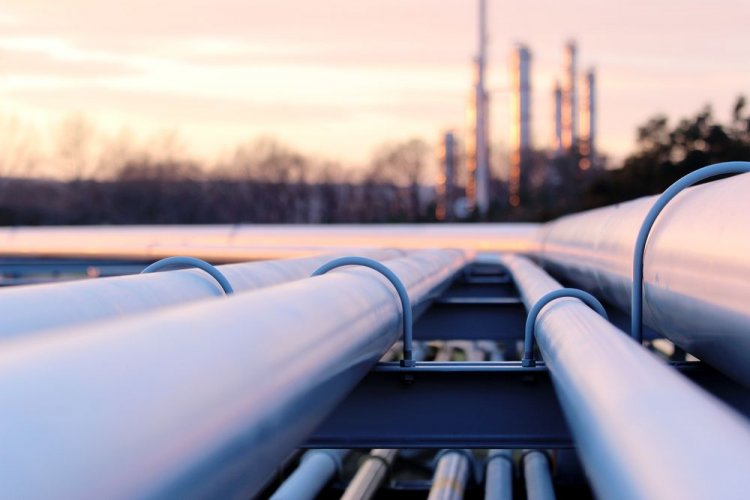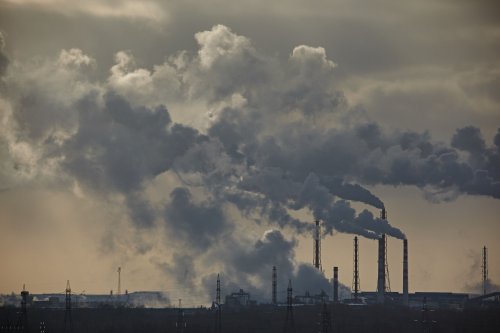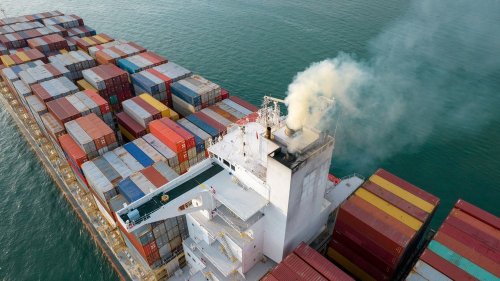The European Commission has promised to fight methane emissions during energy imports and aims to measure and limit emission intensity from 2030 and create a relevant database by 2026.
The EU wants to conclude between countries an agreement to limit emissions of one of the most powerful greenhouse gases before the COP28 climate summit, reports Bloomberg.
The document said the European Commission plans to gradually introduce rules to ensure imports reach "a certain level of methane emission intensity" by the end of the decade, with the bloc to spell out the details in legislation. For this, it is necessary to reach a final agreement between the European Parliament and the member states on November 14.
The material said that EU lawmakers insisted on applying the same rules on methane imports that will apply in the country from 2026. However, member states opposed such a move.
The EC proposes to first create a database on methane emissions by 2026. It will show how fossil fuel exporters measure and control their emissions. By 2028, they will be required to demonstrate that they are applying equivalent measures to the EU.
It is noted that by 2028, the commission will also adopt an act that will outline the methodology for calculating methane intensity. The best way to limit methane emissions is planned to be discussed at COP28.
Earlier, EcoPolitic wrote, that according to the National Oceanic and Atmospheric Administration (NOAA), the level of methane in the atmosphere increased by 17 parts per billion in 2021 and reached an all-time high. Total levels of atmospheric methane are 162% above pre-industrial levels.
As EcoPolitic previously reported, despite the Global Pledge to Reduce Methane Emissions at the Climate Conference in Glasgow, methane emissions are increasing faster, than the recovery of oil, gas and coal production after the abatement of the COVID-19 pandemic.





